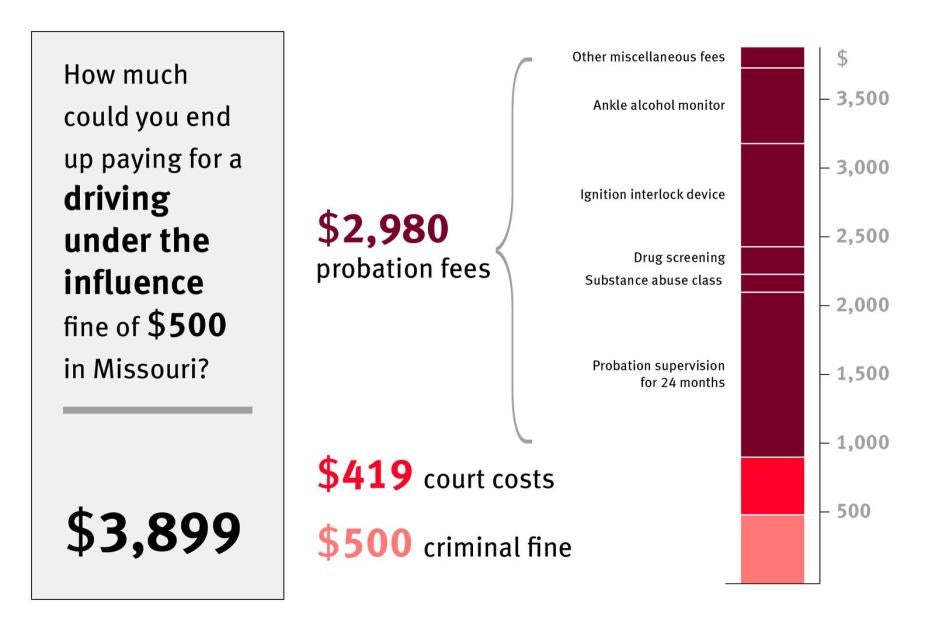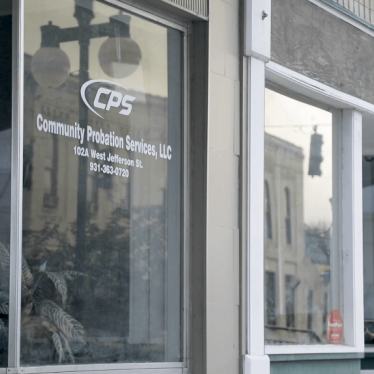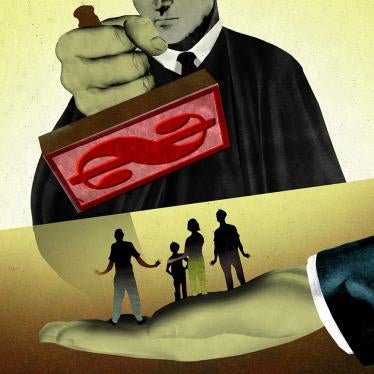When a Cape Girardeau court put Jason DeFriese on probation in 2013, he knew he would have to stay out of trouble, meet his probation officer every month and avoid alcohol for the next two years. He didn’t know at the time that an inconsistency in alcohol testing standards between private probation and state-run agencies, leading to more false positive readings, would turn his sentence into a nearly five-year ordeal, costing him and his family $10,000.
Missouri allows private companies to supervise people on misdemeanor probation, in part because the Department of Corrections isn’t able to supervise everyone placed on probation or parole. The state doesn’t pay the probation companies. Instead the companies charge probationers for their services and have an incentive to maximize their profits.
A bill before the Missouri Senate could provide the first step in addressing some of the problems in the private probation system, but the Senate should act before it adjourns until next year. Missouri’s private probation system is rife with abuse that can be traced to the Legislature’s failure to put enough protections in place when it decided to allow private companies to supervise probationers.
Draconian drug testing provisions are only one among many problems with private probation. Many people can’t afford the steep charges for private probation supervision and associated requirements. Private probation officers can also recommend that probationers pay for other services they offer, like drug testing, ankle monitors and classes. And they can seek court approval to extend the probation period, at additional cost to the probationer, for any alleged violation, including not being keeping up with payments. The private probation company stands to directly profit from charging the probationer more.
Courts don’t have to make sure that people can afford all these additional costs, and so people can end up in a downward spiral of costs, criminal consequences, and in despair when they are not able keep up with these debts. Our recent research on the subject shows that court costs and probation fees can add up quickly, making the total cost up to nine times the amount of the criminal fine.
In central and eastern Missouri, it was not uncommon for judges to require multiple, overlapping forms of supervision during probation, such as alcohol monitors, ignition interlock devices and regular drug testing. When a person cannot keep up with these payments, they are often threatened with jail.
Few probationers reported getting any kind of support from their probation officer, like help finding a job, housing or transportation. Instead many said they felt constant anxiety about not having enough money or failing another requirement that would continue the nightmare.
DeFriese was able to finish his probation sentence late last year, but not without a lot of stress and fear of jail time. On March 13, the Missouri House of Representatives passed Bill 1344 to standardize drug testing cutoffs between private probation and those used by the Department of Corrections, which would save many people from the grief that DeFriese faced while he was on probation. False positive results in the private probation system can lead to additional probation time, testing and other consequences.
The bill would also limit the maximum distance a person can be made to travel to report to a probation officer to 50 miles. Currently, some people may have to drive over 100 miles or travel from other states to report to a particular private probation office.
That bill is now before the Senate, and the changes it would make are important. But they are only a first step toward ensuring that people in the private probation system, especially those struggling to make ends meet, are not forced to miss meals or fall behind on rent to pay their probation company. If they fall behind because they are genuinely unable to pay, the law should also protect people from threats of mounting consequences, especially jail time.
Because private probation companies provide a government service, they should follow state transparency requirements, and publish the number of people they supervise, the outcomes of their cases and how much money they make. The state should also supervise these companies, ensuring that they comply with all state rules, not just those related to drug testing.
The Missouri Senate should act during this session on the drug and alcohol testing provisions. And senators should consider that the first step toward reforms that will create a misdemeanor probation system that is fair and just, not an unending nightmare for people caught up in the system.








